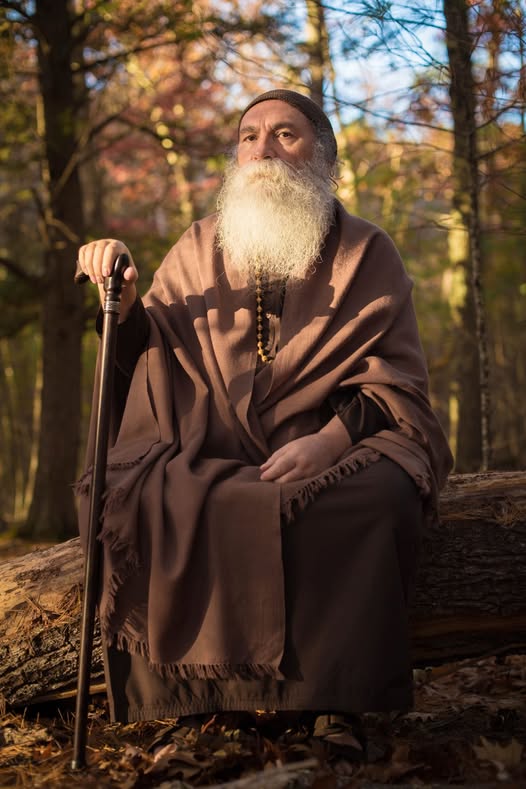“Playing the victim is a subtle form of evasion that drains psychic energy and diminishes the capacity for action. It is a tacit renunciation of responsibility for one’s own existence, transferring the cause of everything that happens to the external environment. Those who adopt this position settle into a passive wait: for others to change, for the past to be rectified or for the future to resolve what still hurts. None of these expectations materializes until an inner decision is made that marks a turning point: abandoning the narrative of powerlessness. Recognizing that there are losses, failures or injustices is not the same as nullifying their weight, but it does require preventing them from becoming identity. The wounds may be real, although perpetuating them as the core of the self is equivalent to stopping the vital process. The trap of victimhood consists of transforming suffering into justification and complaint into refuge. Thus, pain, instead of being a stage to go through, becomes an argument for inertia.
Every time someone says “this happened to me and that’s why I can’t”, they give power to that which hurt them. They lock themselves into a narrative that immobilizes them, that offers no path to transformation. The possibility of overcoming arises when the perspective changes: the axis is no longer the past cause, but the present action. This reorientation enables new ways of inhabiting time. Regaining responsibility does not imply self-incrimination, but rather affirming oneself as a subject capable of responding, even in adverse conditions.
Those who assume their responsibilities —their choices, their actions, their paths— begin to inhabit their lives from a position of agency. They do not need a clear path to move forward. They understand that mistakes are not a definitive downfall, but an opportunity for learning and reconfiguration. They recognize that the transition to a fuller existence requires commitment, sustained effort and the clear acceptance of difficulty as a constitutive part of human development.
The habit of adopting the role of victim can offer temporary relief, but over time it paralyzes. In contrast, the active disposition of those who take responsibility generates movement and openness, even in the midst of pain. Choosing not to occupy that role does not imply denying suffering, but rejecting subordination to its effects. It is to affirm with determination: this happened, but it does not limit what I can build.
Only by ceasing the search for culprits and by assuming the place one inhabits in the present, is it possible to recover the power to decide. In that silent, yet radical act, an authentic form of freedom is initiated. Transformation does not come from outside; it begins when the narrative that reduces the subject to the conditions they have gone through is interrupted, and one clearly chooses to act responsibly.”
Prabhuji




